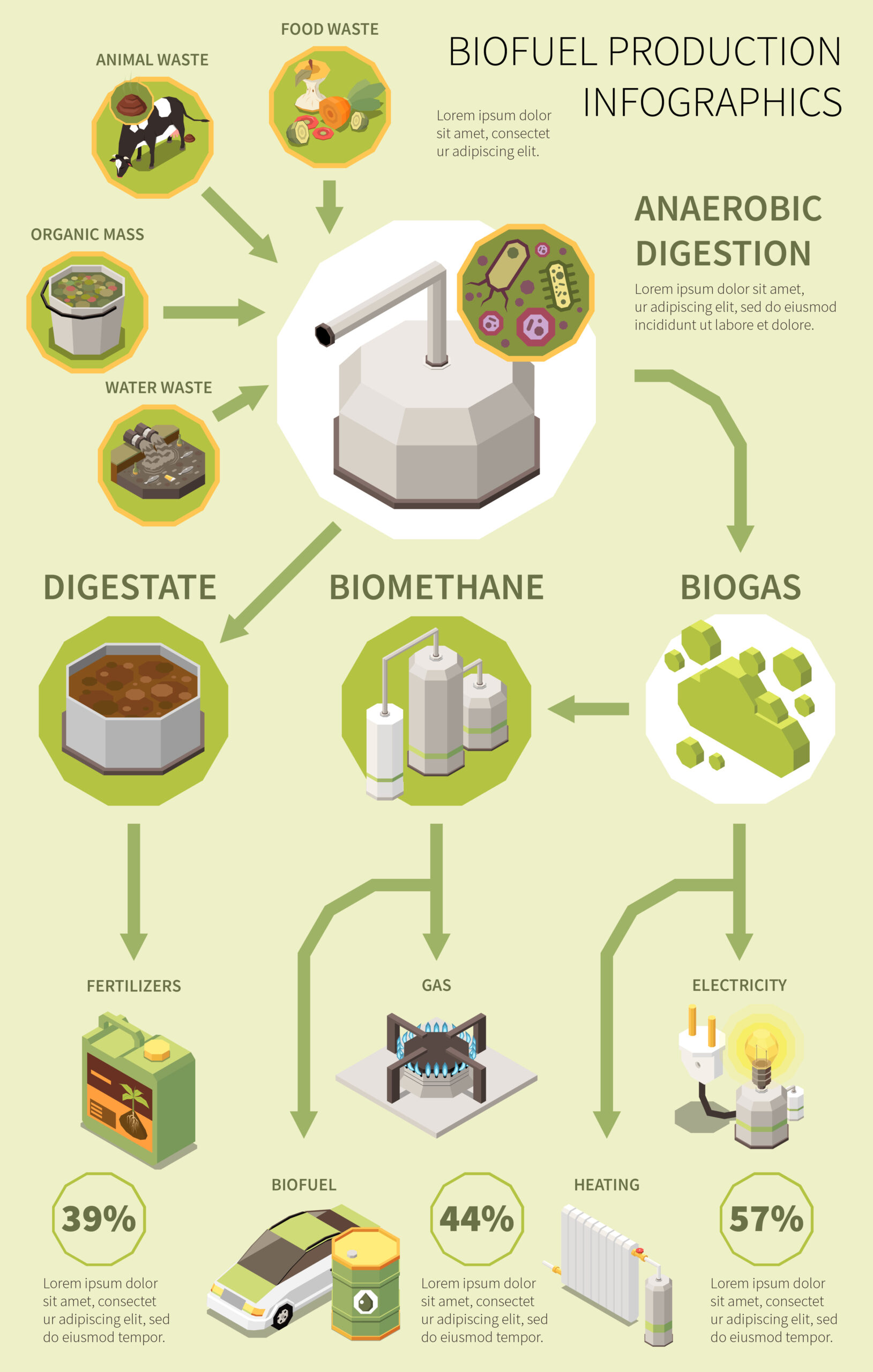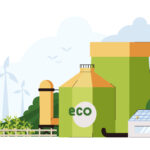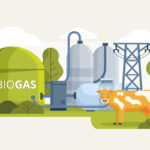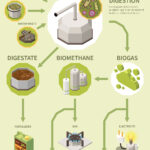The Sustainable Benefits of Biogas: A Renewable Energy Revolution
Introduction: In a world grappling with the consequences of climate change and the depletion of fossil fuels, renewable energy sources have emerged as our saving grace. Among them, biogas stands out as a renewable energy revolution that offers a myriad of sustainable benefits. This blog post explores the environmental, economic, and societal advantages of harnessing biogas as a clean energy source.
Environmental Benefits:
-
Reduced Greenhouse Gas Emissions: Biogas production significantly curtails the release of methane, a potent greenhouse gas, into the atmosphere. By capturing and utilizing methane from organic waste, biogas systems help mitigate climate change.
-
Waste Reduction: Biogas facilities can process various organic materials like agricultural residues, food waste, and sewage sludge. This not only reduces the burden on landfills but also minimizes the emission of harmful pollutants associated with the decomposition of organic matter.
-
Improved Soil Health: The nutrient-rich residue left after biogas production, known as digestate, serves as an excellent organic fertilizer. When applied to agricultural land, it enhances soil fertility and promotes sustainable farming practices.
Economic Benefits:
-
Job Creation: The biogas industry offers employment opportunities, from the construction and maintenance of biogas plants to the distribution of biogas-derived products like electricity and natural gas.
-
Energy Cost Savings: Biogas can be used for electricity generation and heating. This reduces energy costs for industries, municipalities, and households, making it an economically viable and sustainable energy option.
-
Diversification of Income Streams: Farmers and businesses that adopt biogas systems often find an additional source of income through the sale of surplus electricity or digestate. This diversification can help stabilize their finances.
Societal Benefits:
-
Energy Independence: Biogas production promotes energy independence by reducing reliance on imported fossil fuels. This enhances a nation’s energy security and resilience.
-
Rural Development: Biogas projects are well-suited for rural areas, where agricultural waste is abundant. These projects can boost rural economies, create jobs, and improve living standards.
-
Community Engagement: Biogas facilities often require community involvement, fostering cooperation and a sense of shared responsibility for sustainability.
Conclusion: Biogas represents a renewable energy revolution that brings together environmental stewardship, economic growth, and societal development. By capturing and utilizing methane emissions from organic waste, we not only combat climate change but also create opportunities for a more sustainable and prosperous future. Embracing biogas as a clean energy source is not just an option; it’s a necessity in our quest for a greener planet.




